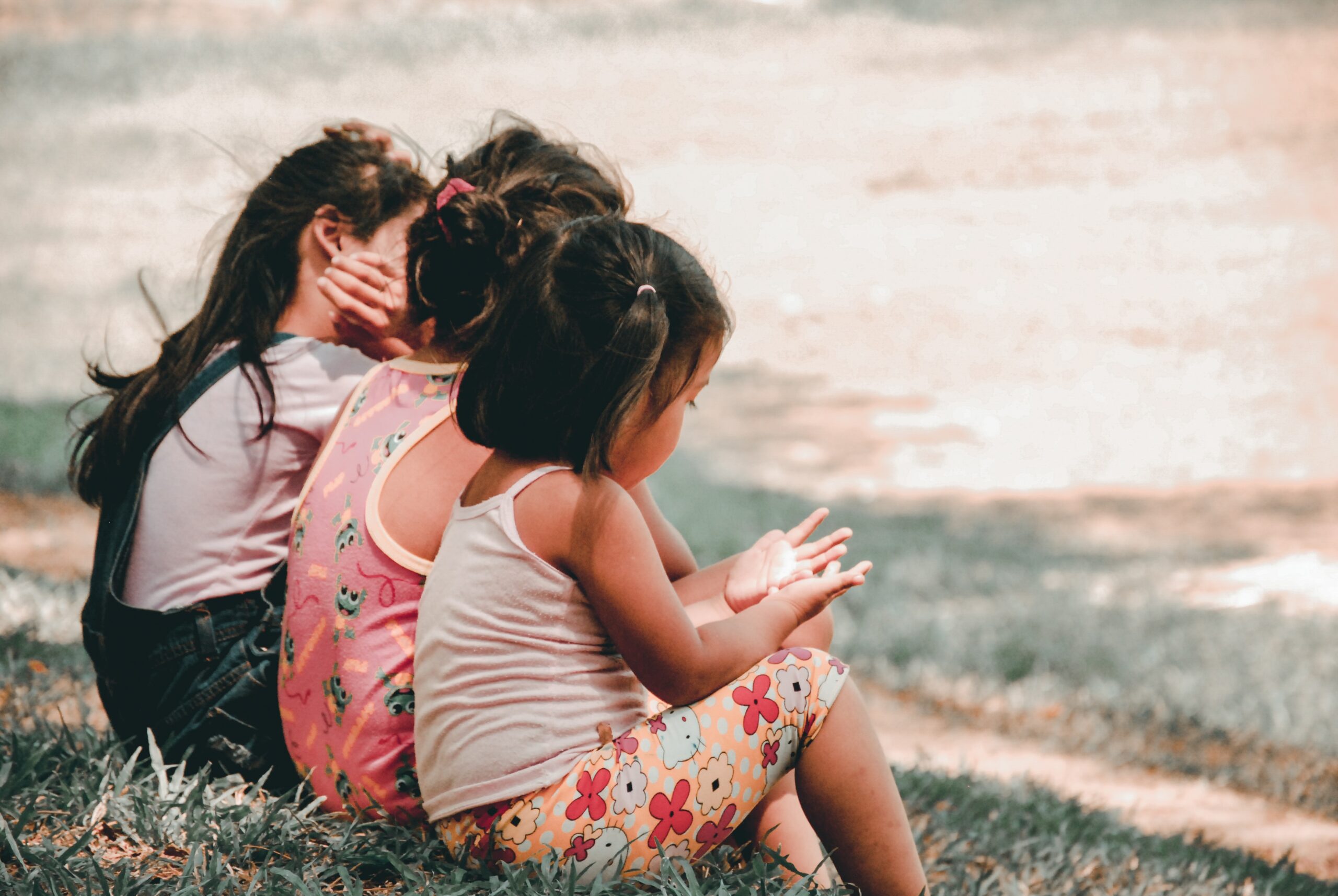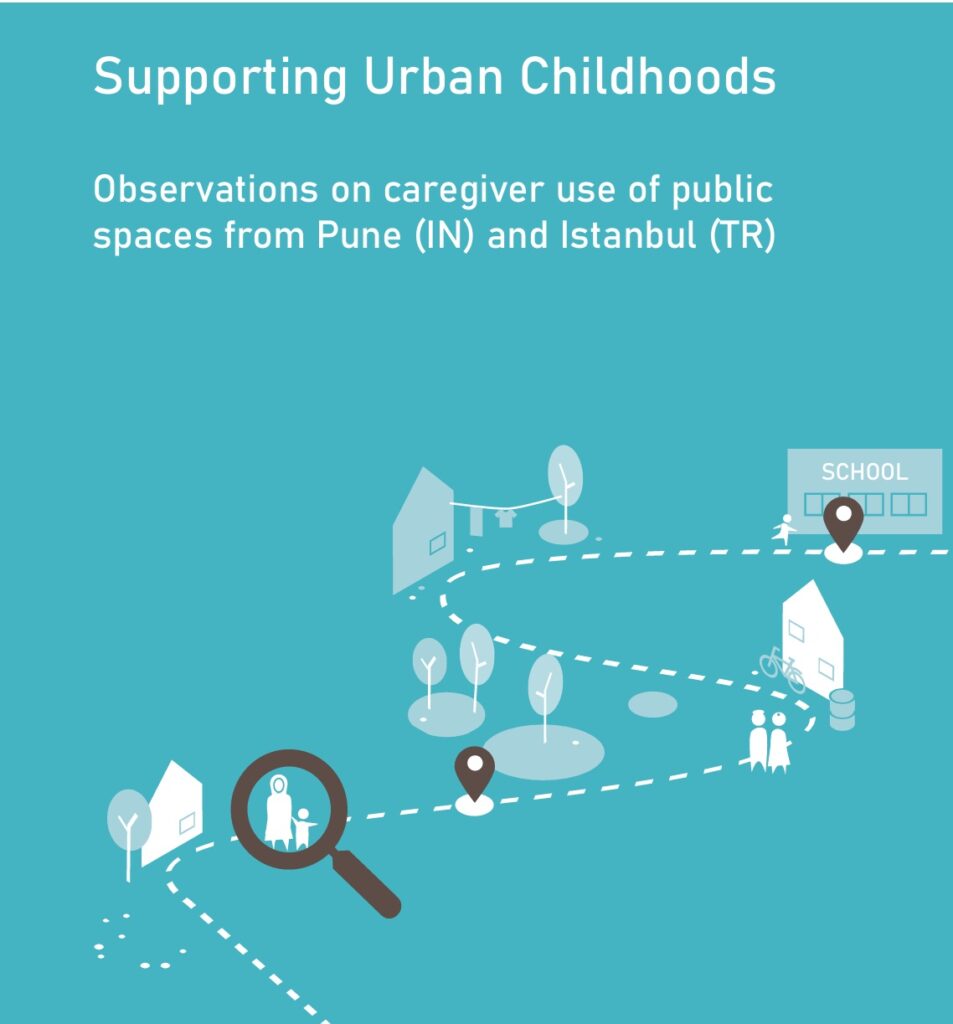Developing spatial and contextual knowledge on how children and caregivers use public space and services in disadvantaged areas in a city provides input for planning better spatial interventions and redevelopment schemes. By identifying daily routines and discussing the multifaceted nature and use of public spaces in different geographies we aim to contribute towards identifying resources that play an important role in supporting early urban childhoods. Unsurprisingly, the cultures of Istanbul and Pune, while very different from each other, the concerns of caregivers, complexity of their daily lives, levels of access and poverty, cultures of child rearing etc. determine the experience of urban childhoods.
Evidence from Pune (IN) and Istanbul (TR) provides contextual knowledge about the importance of community and communal trust, the commonalities as related to mothers staying at home with young children, wide range of caregivers, difficulty of navigating the urban environment with young children and the importance of access to local public green spaces (parks, playgrounds etc.).

